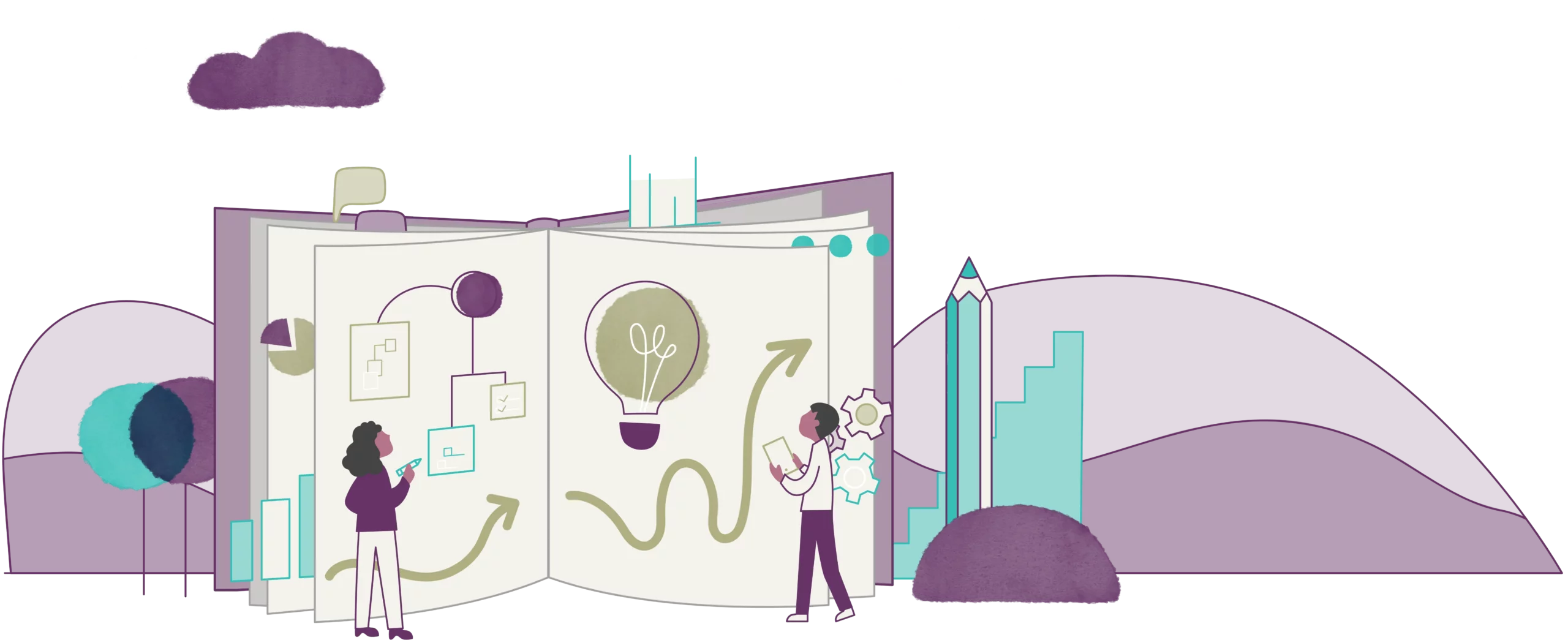
5 Things Businesses Must Do During the Covid-19 Pandemic
1. Predict and Proact
You created your business to fulfill a customer problem or need. Well, their problems and needs just multiplied. Don’t make them wait on jammed customer service lines. Be proactive and offer help before they ask.
A friend in San Diego was happily surprised to learn her management company would be reducing rents 20% instead of going forward with a planned rent increase. She’s now rethinking her plans to move this summer. The rent cut may end up benefiting the management company which now avoids looking for a new tenant during an economic downturn. Your company’s proactive support can be a financial remedy, new type of service, or just a kind gesture in this time of need.
Some other great examples . . .
- AirBnB moved quickly to offer no-penalty cancellations in March/April, but also supported hosts with a $250M lost revenue fund and a simple way to offer front-line workers discounted or free accommodations.
- ClassPass and Core Power Yoga now offer streaming memberships and the option for members to pause recurring charges with no penalties.
- Bigleaf Networks has made their Home Office installation and service available for free to qualified essential service organizations.
- ShineDistillery in Portland realized the early shortage (and importance) of hand sanitizers and were able to manufacture their own as bonuses for their customers.

You don’t have to do this alone. You’ve probably read how Apple and Google are working together to create a joint platform for infection contact tracing. Small businesses can work cooperatively as well.
In Charlottesville, Virginia, Great Harvest and Tavern & Grocer teamed up to provide grab-and-go Easter meals for hundreds of local residents in a safe, contactless way. What can your company do to proactively ease the burden for your customers and help the community? You may be surprised how a little unexpected olive branch pays long term dividends.
2. Unblock
This is a time for businesses to streamline processes and possibly pivot to new ideas. Make sure you’re not blocking your own path with outdated or unnecessary hurdles. Banks, for example, must figure ways to fast-track applications and deliver vital SBA loans to keep businesses afloat. Brick and mortar companies must adapt or face extinction. NPR recently did a story on Essations, a professional hair products company that partnered with their hairdresser clients to create DIY home haircare videos with affiliate links for customers to direct-order discounted products.

Challenge yourself and your company to get out of its own way and deliver critical products and services faster or differently. Use “Zoomstorms” or virtual hackathons to solicit ideas from multiple teams. Don’t just focus on defense and revenue retention. There may be opportunities to expand your market which may be hidden in the ‘weeds’ of social distancing. Aman Cleaning Services in North Carolina is responding to lost home and office cleaning revenue by adding a new, critical service: sterilizing high-traffic building entryways and lobbies.
Need help generating ideas? IDEO, a company I greatly admire, is sponsoring a 3-week Business Pivot Challenge for businesses of all sizes and types. Unblocking yourself and being creative is challenging but well worth it. You’ll generate ideas to weather the pandemic storm and you may just identify changes that will help the company for years to come.
3. Nurture
Employees are your most valuable resource and they are scared to death. Make sure you’re taking care of them as best as possible. As an alumnus, I’m proud to hear Microsoft has committed to continue paying their hourly on-campus workers despite most salaried employees working from home. Restaurants in the Charleston area are maintaining takeout business for customers, but also offering daily packaged meals for their furloughed dining room staff.
If your company uses an internal messaging platform like Slack, set up some appropriate new channels for healthy workouts, stories of inspiration and work-from-home sanity tips. If layoffs may be necessary, have honest discussions with employees about the state of the business. No bullshit. Offer support, either from your qualified HR personnel or externally. This Facebook page lists resources where people can receive free counseling for Covid-19 related anxiety.
Losing healthcare tied to employment is a common fear and it’s great that many companies are maintaining healthcare benefits for staff even if their work is disrupted. Make sure you and your HR team understand the effect that your SBA Paycheck Protection Program(PPP) loans may have on employee abilities to collect unemployment. Square has published some useful resources on the PPP subject. Try and also be sensitive to how the pandemic is affecting different demographics — elderly, minorities, international workers — very differently. Check out this Forbes article on ramping up your diversity, equity and inclusion (DEI) practices during the pandemic.
You were creative and savvy as you built your business and hired great people. Get creative on how you can help your employees during these trying times.
4. Communicate
There is a 1970s ad slogan by AT&T which asks people to, “Reach out and touch someone.” 40+ years later, the same suggestion could not be more fitting. Personally, I’ve tried to be extra diligent in connecting with family and friends this past month. Your customers also need to hear from you during these challenging times, and they are currently a captive audience. Engage them. Not just with a cookie-cutter email, but a sincere, authentic reach out.
When I was at Cranium, our CEO would pick up the phone and call customers to thank them for their business or congratulate a couple who had gotten engaged while playing the beloved game. This was a welcome “surprise and delight” moment for the customer. What if the banks, utilities, and cable companies we’ve supported for years called us to see how we’re doing and offered a real person to hear our concerns? You’ve probably got some employees sitting at home with a bit of extra time. Enable them to become temporary customer ‘happiness’ reps by having them check in on customers.
Not a fan of unsolicited calling or emails? No problem. This can be a good time to publish surveys or Facebook/Instagram polls to see what your customers need from you during and after the crisis. My guess is that you’ll have a higher than average survey response rate.
Finally, take time to analyze your existing CRM and ad programs. Inspect outgoing emails, push notifications, and call scripts. Are your messages sensitive to the situation? Are they relevant? What tone are you communicating? Screaming “Buy now!” may be necessary at other times, but it will be a quick path to a customer opt-out today. The world has changed and so must your messaging. Communicate with empathy, inspiration and support, and your audience will take note and remember.
5. Have a Heart
It’s natural when sales and profits go down, to cut back on charitable donations or corporate philanthropy. But now is when your company should lead with its heart. Where can you ease people’s pain or put smiles on faces? You don’t have to be GM overhauling an assembly line to manufacture ventilators. Even small acts of kindness can go a long way. Johnny’s Doughnuts in the Bay Area recently made fans at UC San Francisco (UCSF) Hospital by sending tasty treats to hard-working nurses and doctors.

Mark Cuban and the Dallas Mavericks are supporting employees with daily lunch credits with a community twist — the employees must use the credits to support local restaurants offering takeout. Clif Bar & Company is donating three million nutrition bars to health care workers. Does your company offer a matching program for employee charitable donations? If not, and you can afford it, now would be a great time to start.
Compassionate actions can also make for great PR stories. But don’t make marketing gains your goal as that can backfire. Do it because it’s the right thing to do. Do it to make your employees feel proud. Do it because, if nothing else, this pandemic has taught us that the world is smaller than we realized, and held together mostly by our humanity.
What other ways are you finding to P.U.N.C.H. the pandemic and adapt your business to these challenging times? As a consumer, what would you like to see companies do? I’d love to hear your thoughts and comments.
Finally, it’s never too early to ready your company’s for when things return to “normal.” It will for sure be a different world. Harvard Business Review recently published some suggestions on planning for a post-pandemic world.
Be safe. Be well. Be kind. We’ll see you on the other side.
Start with a playbook. It’s your working test-drive for partnering with us. Find out what’s inside a playbook »




